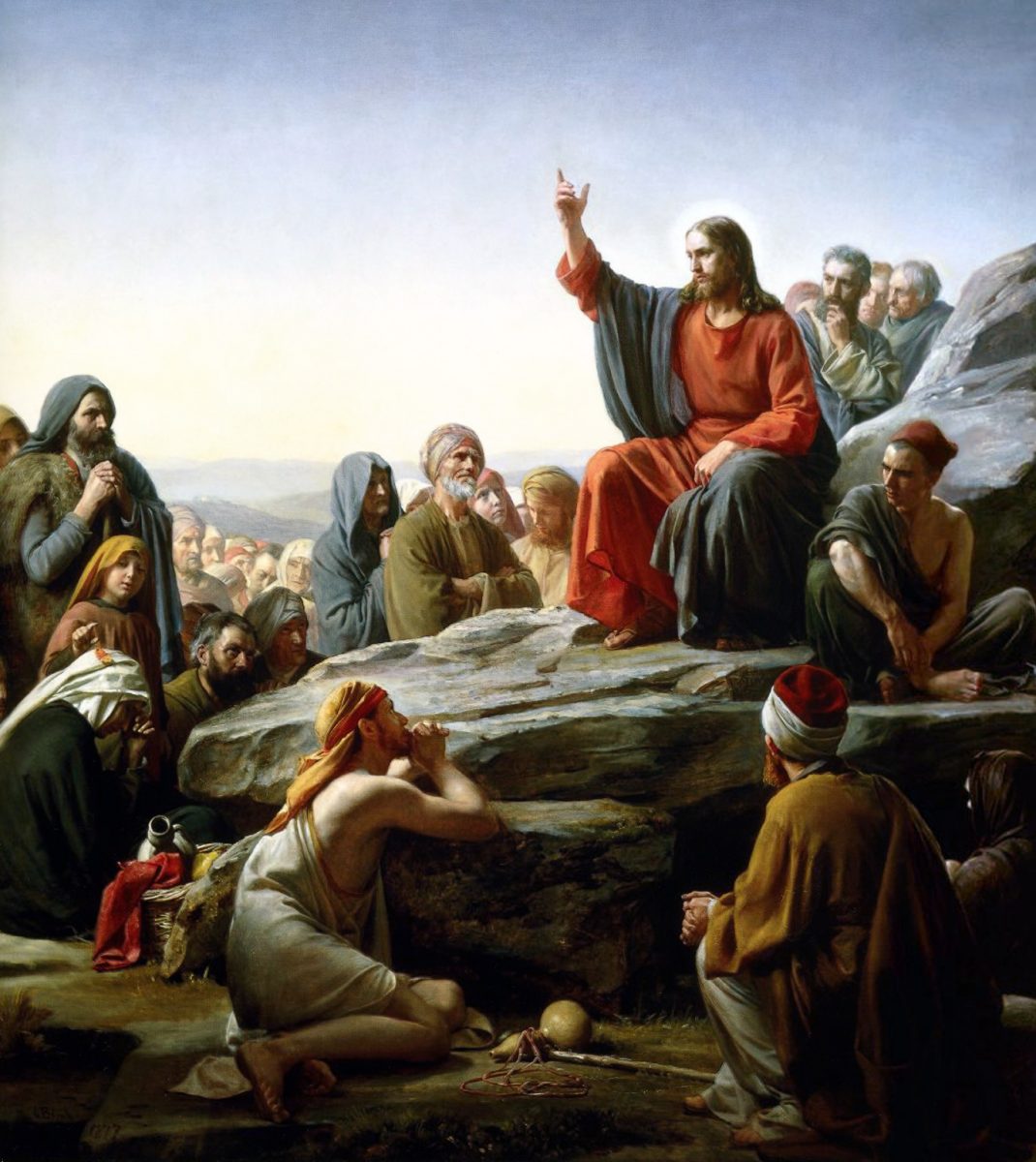Rev José Mario O Mandía
jmom.honlam.org
When we buy an electronic gadget or appliance, the first logical thing to do after opening the package is to read the instructions for use. The more expensive the machine, the more zealously we need to read and understand the instructions. That is because the instructions tell us how the machine functions.
Are we free to disregard the instructions? Yes, of course, but that would be foolish. The manufacturer has written down the instructions for us so that (1) we do not destroy the machine through misuse or abuse; and (2) we take full advantage of the features of the machine.
This is exactly what Divine Positive Law is. God reveals to us the contents of Natural Law, explicitly spelling them out for us. Thus, it is also called Revealed Law. CCC No. 1960 says: “In the present situation sinful man needs grace and revelation so moral and religious truths may be known ‘by everyone with facility, with firm certainty and with no admixture of error’ (Pius XII, Humani generis, 3; cf. Dei Filius, 2).”
Through Divine Positive Law, God teaches man, and He did this in the Old Testament and in the New Testament.
THE OLD LAW
The CCCC (No. 418) explains: “The Old Law is the first stage of revealed Law. It expresses many truths naturally accessible to reason and which are thus affirmed and authenticated in the covenant of salvation. Its moral prescriptions, which are summed up in the Ten Commandments of the Decalogue, lay the foundations of the human vocation, prohibit what is contrary to the love of God and neighbor, and prescribe what is essential to it.”
The Old Law is thus important in God’s plan of salvation. The CCCC (No. 419) explains its role and points out its limitation: “The Old Law permitted one to know many truths which are accessible to reason, showed what must or must not be done and, above all, like a wise tutor, prepared and disposed one for conversion and for the acceptance of the Gospel. However, while being holy, spiritual, and good, the Old Law was still imperfect because in itself it did not give the strength and the grace of the Spirit for its observance.” Man had to wait for the Messiah who would hand down a law that included “the strength and the grace of the Spirit” as part of the “package.”
THE NEW LAW
“What is the New Law or the Law of the Gospel?” CCCC (No. 420) tells us: “The New Law or the Law of the Gospel, proclaimed and fulfilled by Christ, is the fullness and completion of the divine law, natural and revealed. It is summed up in the commandment to love God and neighbor and to love one another as Christ loved us. It is also an interior reality: the grace of the Holy Spirit which makes possible such love. It is ‘the law of freedom’ (Galatians 1:25) because it inclines us to act spontaneously by the prompting of charity. ‘The New Law is mainly the same grace of the Holy Spirit which is given to believers in Christ’ (Saint Thomas Aquinas).”
CCC No. 1968 points out two important roles of the New Law:
(1) “The Law of the Gospel fulfills the commandments of the Law. The Lord’s Sermon on the Mount, far from abolishing or devaluing the moral prescriptions of the Old Law, releases their hidden potential and has new demands arise from them: it reveals their entire divine and human truth.
(2) “It does not add new external precepts, but proceeds to reform the heart, the root of human acts, where man chooses between the pure and the impure (cf. Matthew 15:18-19) where faith, hope, and charity are formed and with them the other virtues. The Gospel thus brings the Law to its fullness through imitation of the perfection of the heavenly Father, through forgiveness of enemies and prayer for persecutors, in emulation of the divine generosity (cf. Matthew 5:44, 48).”
The New Law is new in many ways, indicated by different names. The CCC No. 1972 enumerates them. It is called:
(1) “…a law of love because it makes us act out of the love infused by the Holy Spirit, rather than from fear;
(2) “a law of grace, because it confers the strength of grace to act, by means of faith and the sacraments;
(3) “a law of freedom, because it
(3.1) sets us free from the ritual and juridical observances of the Old Law,
(3.2) inclines us to act spontaneously by the prompting of charity and, finally,
(3.3) lets us pass from the condition of a servant who ‘does not know what his master is doing’ to that of a friend of Christ – ‘For all that I have heard from my Father I have made known to you’ – or even to the status of son and heir (John 15:15; cf. James 1:25; 2:12; Galatians 4:1-7, 21-31; Romans 8:15).”
Where does one find the New Law? (CCCC No. 421). We can read all about it “in the entire life and preaching of Christ and in the moral catechesis of the apostles. The Sermon on the Mount is its principal expression.”
(Image: Sermon on the Mount by Carl Bloch (1877). Source: Wikipedia)


 Follow
Follow


